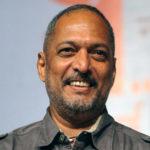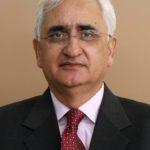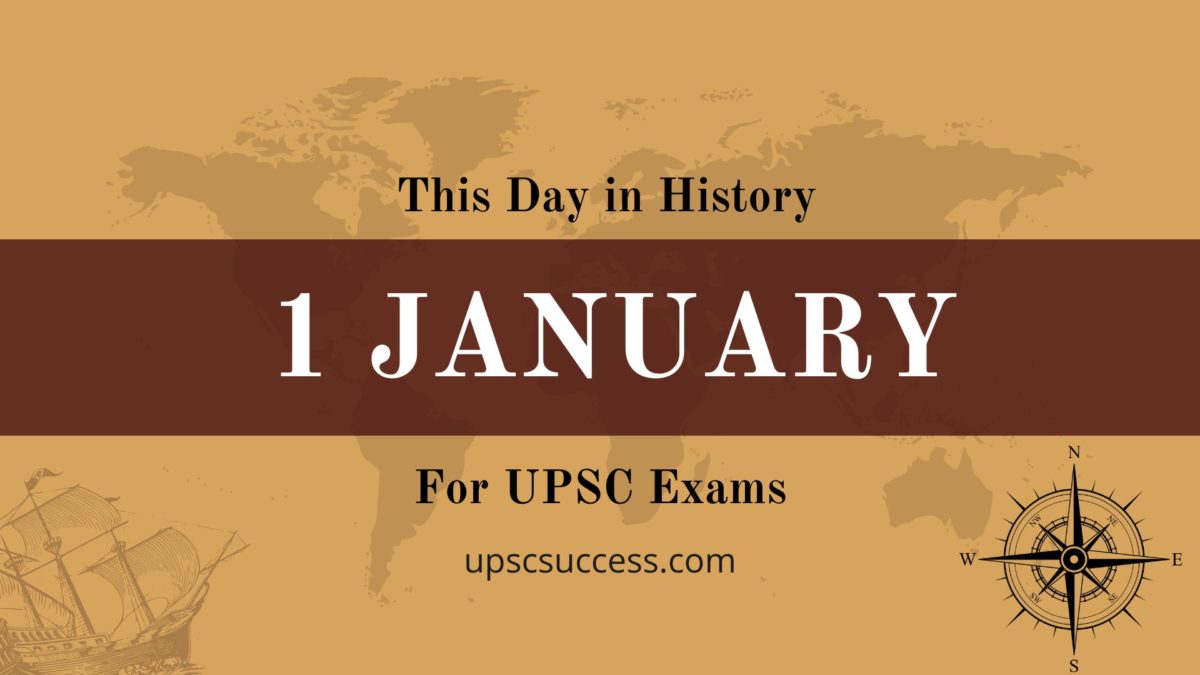Contents
This Day in History on 1 January
The historical events hold a lot of value for aspirants who are sitting for UPSC competitive exams including the IAS Exam.
On this page, we will list all historical events that occurred on 1 January. The students can refer to them while preparing for all competitive exams and banking exams.
Important Days
January 1 is the first day of the year in the Gregorian Calendar.
New Year’s Day
Important Events
1399: Amir Timur left Delhi. He took the title ‘Emperor of India’ and recrossed the Indus on March 11.
1664: Shivaji assumes royal title.
1664: Shivaji marched towards Surat.
1851: Publication of Marathi newspaper ‘Gyanoday’.
1862: Indian Penal Code and code of Criminal Procedure passed on October 6, 1860 came into force.
1874: The first women magazine “Bola Bodhini” was published.
1877: Queen Victoria was proclaimed as ‘The Empress of India’ in Delhi Darbar.
1756: The Nicobar Islands were annexed by Denmark and renamed New Denmark.
1808: Slave imports were banned in the United States.
1818: The battle of Bhima Koregaon – 2nd Bombay Native Infantry Battalion, led by F. F. Stanton, defeated 28,000 Peshwa troops at Bhima Koregaon, with only 834 soldiers.
1848: Mahatma Jyotirao Phule and Savitribai Phule started the first girls’ school at Bhide Wada, Pune.
1862: The Indian Penal Code came into existence.
1877: Queen Victoria of England became the Empress of India.
1880: ‘Money order’ system started in the country.
1903: In Great Delhi Darbar, marked the coronation of King Edward VII as Emperor of India
1906: British Government accepted the Indian standard.
1915: Mahatma Gandhi was awarded the ‘Kaisar-i-Hind’ by the Viceroy Lord Hardinge of Penshurst for his contribution to ambulance services in South Africa.
1919: The Government of India Act came into force, and legislatures were established in the country.
1923: Swarajya Party was formed by Chittaranjan Das and Pandit Jawaharlal Nehru.
1949: Ceasefire declared in Kashmir.
1950: Ajaigarh merged into the Union of India.
1992: India and Pakistan exchanged lists of their nuclear installations for the first time.
1995: World Trade Organization came into existence.
2019: Millions of women created a 300 mile ‘Women’s Wall’ across state of Kerala, India, in support of women’s access to temple of Sabarimala.

Births/ Birth Anniversary
1662: Peshwa Balaji Vishwanath, a Peshwa of the Maratha Empire.
1735: Paul Revere, an American silversmith, engraver, early industrialist, and Patriot in the American Revolution.

1875: Hasrat Mohani, an Indian activist, a freedom fighter in the Indian independence movement, and a noted poet of the Urdu language.
1879: Edward M Forster, English novelist (Howards End, Passage to India), was born.
1891: Sampurnanand, Chief Minister of Uttar Pradesh, was born.
1892: Mahadev Desai, an Indian independence activist, and writer. He was the personal secretary of Mahatma Gandhi.
1894: Satyendra Nath Bose, an Indian mathematician, and physicist.

1919: J. D. Salinger, an American writer.
1941: Asrani, an Indian actor, and director.
1950: Rahat Indori, an Indian Bollywood lyricist and Urdu poet.
1951: Nana Patekar, an Indian film actor, writer, philanthropist, and filmmaker.
1953: Salman Khurshid, an Indian politician, designated senior advocate, eminent author, and a law teacher.

1971: Jyotiraditya Scindia, an Indian politician.
1973: Anand Kumar, an Indian Mathematics educator, best known for his Super 30 program.
1975: Sonali Bendre, an Indian actress.
1979: Vidya Balan, an Indian actress.
1894 : Satyendra Nath Bose – This Indian physicist was born in 1894 in Kolkata and is renowned for his contribution towards Quantum Mechanics.
Death/Death Anniversary
1515: Louis XII, King of France.
1748: Johann Bernoulli, a Swiss mathematician.
1892: Heinrich Hertz, a German physicist.
1945: Vedanayagam Samuel Azariah, an Indian evangelist, and the first Indian bishop.
1955: Shanti Swaroop Bhatnagar, was an Indian colloid chemist, academic and scientific administrator. He is revered as the “father of research laboratories” in India.
1992: Grace Hopper, an American computer scientist.
1995: Eugene Wigner, a Hungarian-American theoretical physicist.
2009: Ramashreya Jha, a distinguished composer, musician, scholar, and teacher of Hindustani Classical music.

